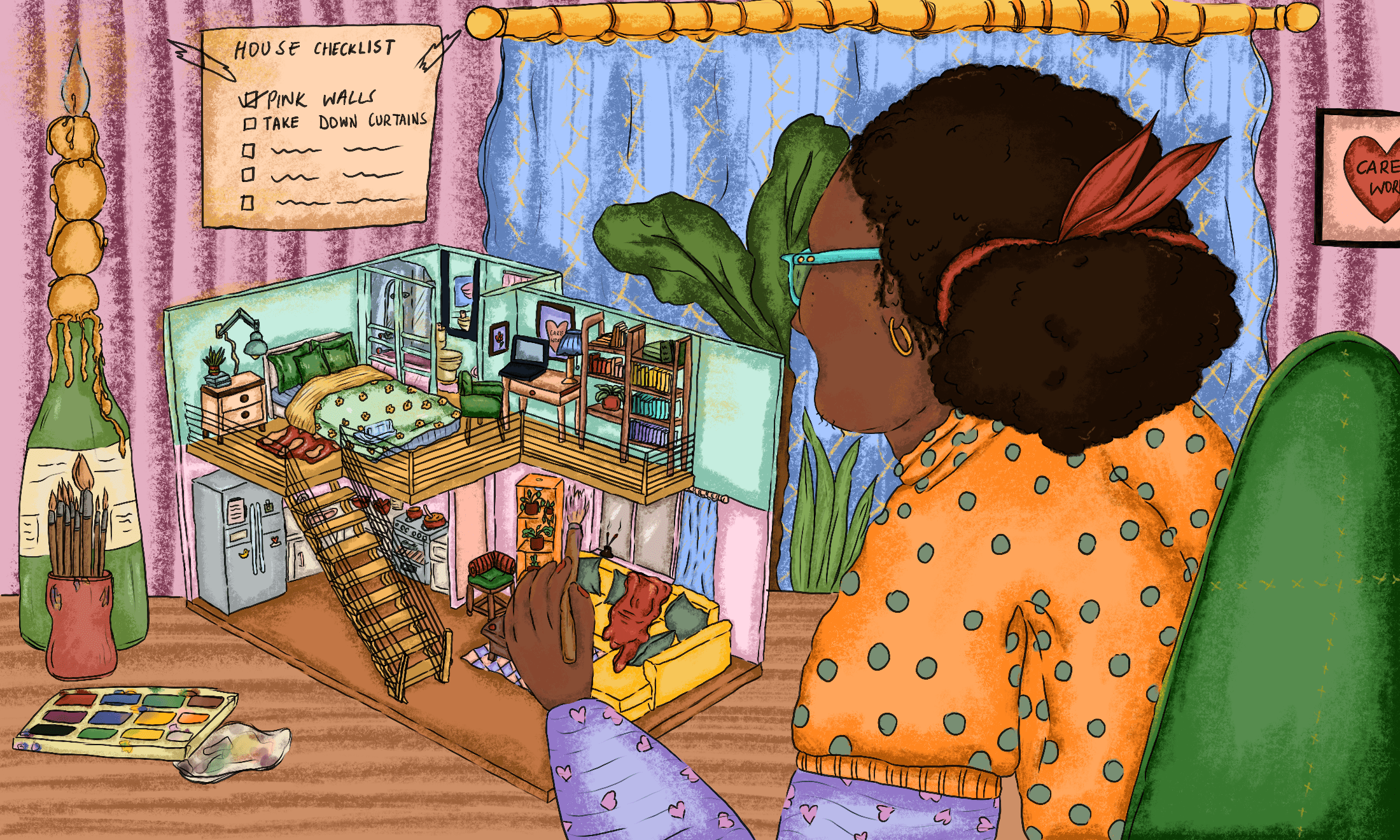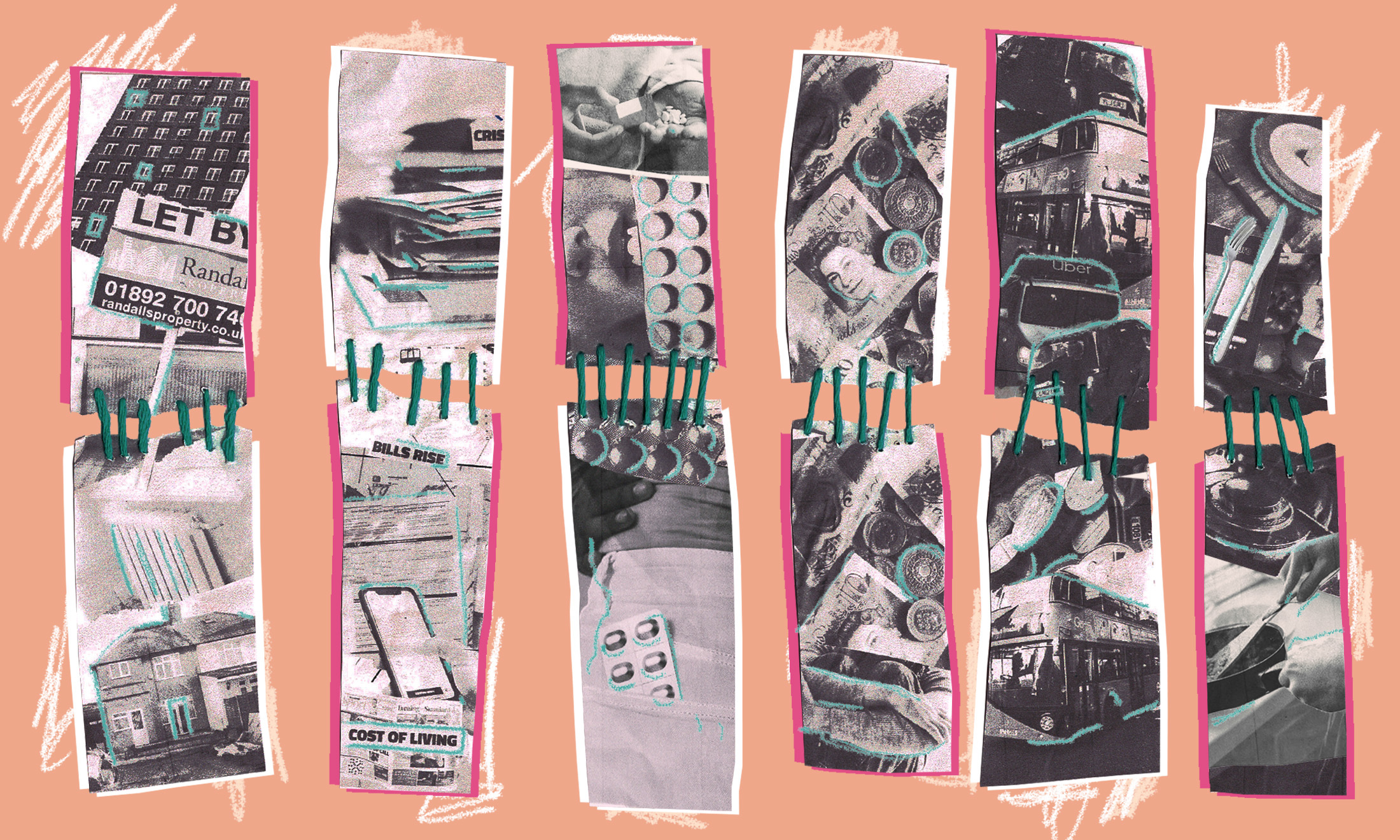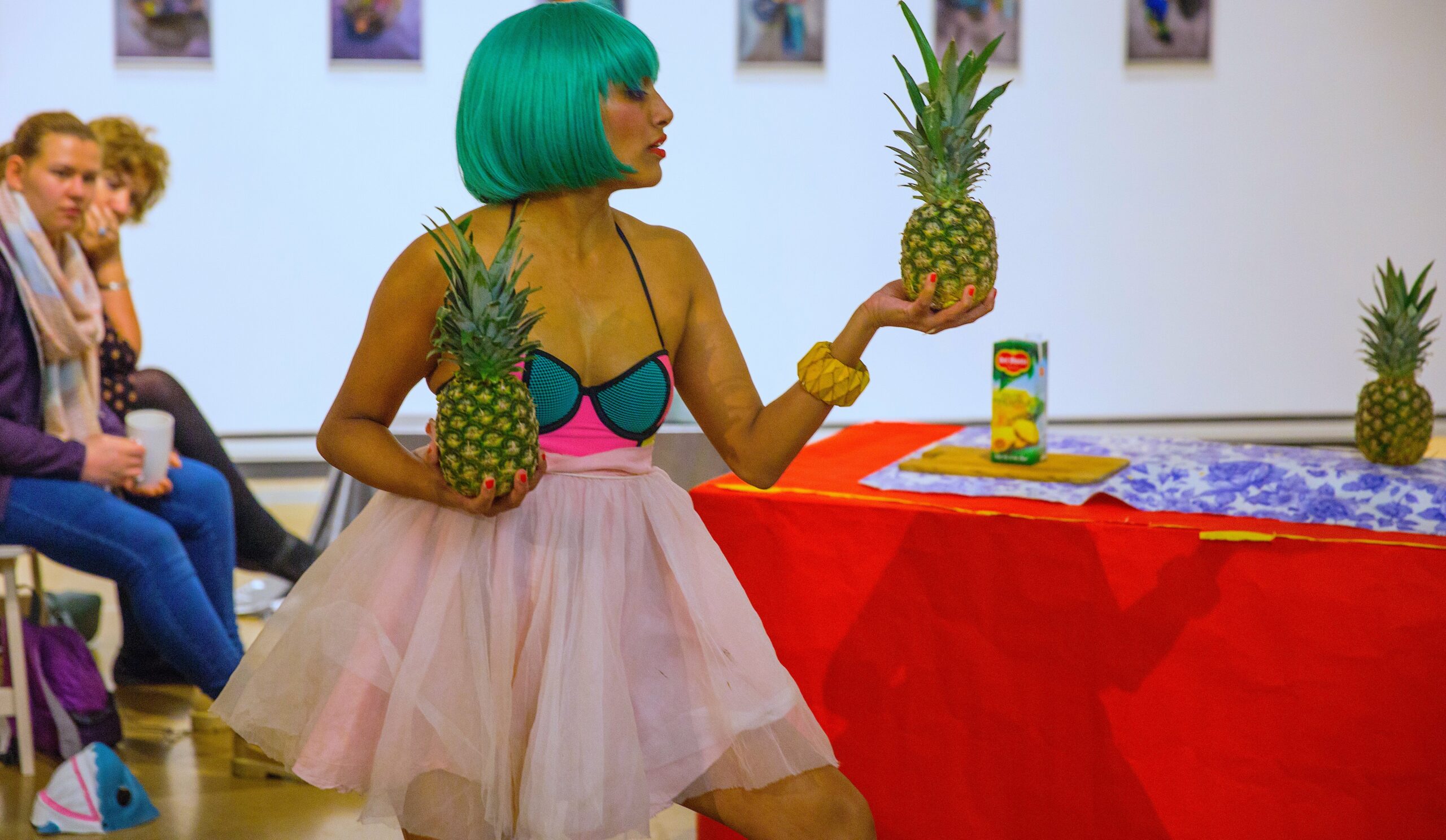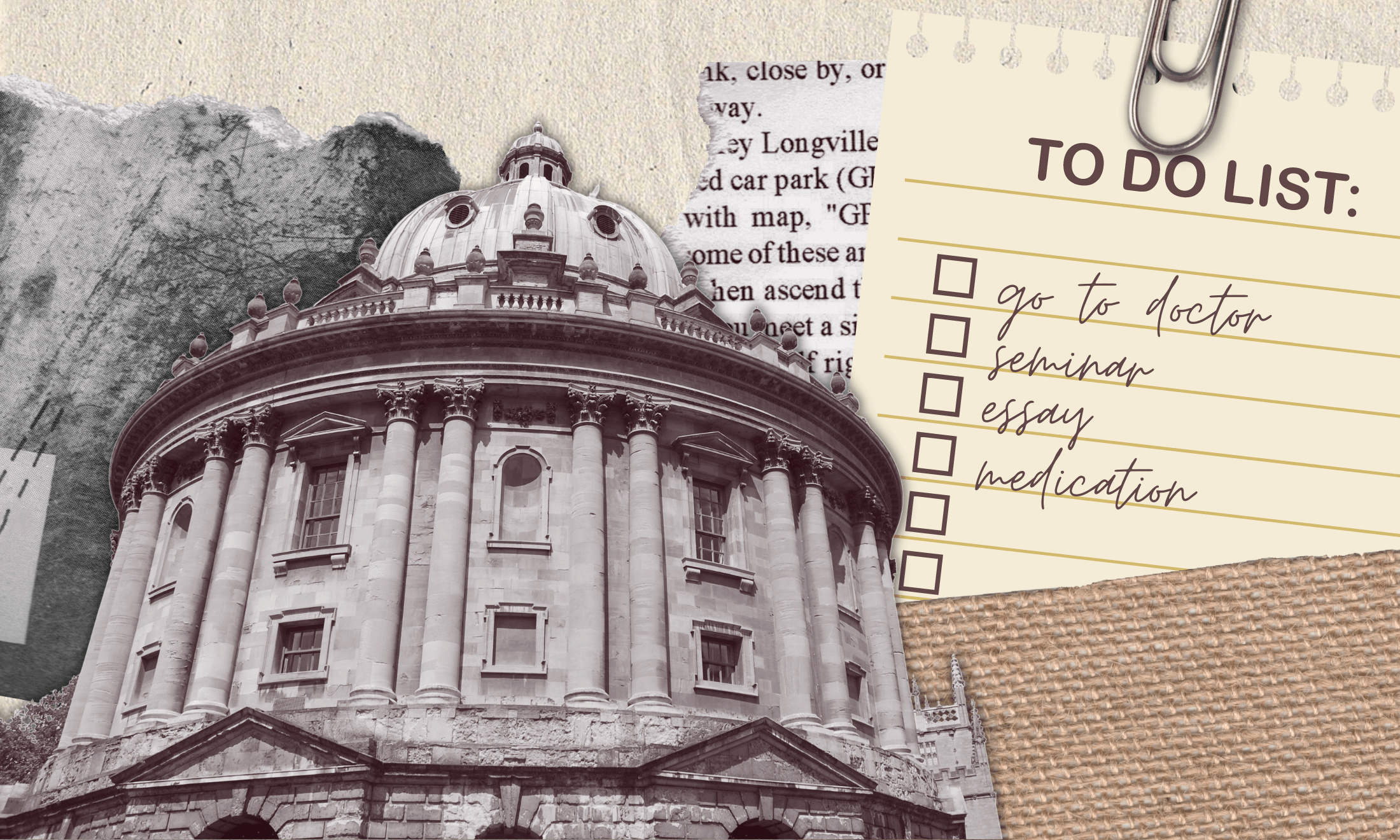
Canva
As the vaccines roll out and the world opens up, we can’t forget the disabled community
I hope that non-disabled people will look back on this time and stand in further solidarity with their disabled siblings.
Lauren Nathan-Lane
10 May 2021
A year ago, I wrote about being chronically ill during the pandemic. The time that passed since has been pretty wild to say the least. Weaved in with all the challenges, there have been some magic moments of great community, mutual aid, support, caring for neighbours, supporting small businesses. I have watched theatre I wouldn’t usually be able to, received thoughtful gifts and have grown closer again to old friends through podcast-length voice notes. For those of us who were already quite lonely and isolated, the past year has opened up a new world of access and a hope that non-disabled people will understand us better. These are important things to acknowledge first, because it’s important to reflect on disabled joy as well as disabled pain.
Last March I honestly had no idea we’d still be here over a year later (maybe this is just my utter lack of any understanding of how pandemics work). For disabled people and those with long-term illnesses, life has been awash with the positives of more accessibility as well as the very real struggle of shielding from Covid-19. And alongside having to isolate we’ve also had to battle endless ableism.
I’ve been thinking a lot about disabled people who have died during this pandemic, especially after the Disability Day of Mourning and the remembrance of all the victims of filicide – six out of 10 people who died of coronavirus were disabled people or those with underlying health conditions.
“We’ve all been terrified throughout the pandemic, but to know how much more likely we are to die or be seriously ill has caused immeasurable fear”
The knock-on effect this had on our community has been monumental. We’ve all been terrified throughout the pandemic, but to know how much more likely we are to die or be seriously ill has caused immeasurable fear. I’ve spent the year decontaminating anything that came through our front door: letters, food packets, shoes. I thought constantly about cross contamination and worried that every time I left my front door for fresh air, I was risking my life or someone else’s.
On top of that, we’ve had to deal with the constant rhetoric of ‘locking the vulnerable away’ so that people can just continue their lives because disabled people ‘would probably have died soon anyway’. When things began to open up last summer or the government decided that people were allowed to travel for Christmas, disabled people were told to stop making such a fuss whenever we expressed concern. We were told it’s not the individuals’ fault and to stop blaming people, that others just want to live life as normal again.
The casual eugenics talk all over social media and the press this past year has been so incredibly traumatic for disabled people. It felt like people genuinely didn’t care what happened to us because our disabled lives weren’t as important as their social engagements.
“The casual eugenics talk all over social media and the press this past year has been so incredibly traumatic for disabled people”
Yes, the Tories are mainly to blame – but at some point, we have to take some individual responsibility for attending clearly non-socially distanced bottomless brunches rather than staying home or staying distanced to protect the community. Don’t you think we’d also rather be out seeing our loved ones?
On top of all of this, the pandemic has also seen learning disabled people being hounded by their GPs, being asked to sign ‘do-not-resuscitate’ orders (DNRs) if they were to catch the virus.
Those with long-term mental ill health or new mental ill health brought on by the pandemic, who have been desperate for help and support, were told there is none. Existing services buckled under the pressure of so many people in crisis. The mental health systems had already been so decimated that when there was a surge in people needing crisis help and support, it just wasn’t there.
And now in 2021 comes the vaccine rollout. It sounds like good news and it absolutely is, however, many disabled people have been left off the vaccine priority list. The government has been stating that all people with underlying health conditions will be vaccinated by spring but this just isn’t true. People who are homebound have been told that appointments won’t be available to them for months and people with less researched and less understood complex neurological illnesses such as ME, Fibromyalgia, PoTs and EDS were told they aren’t the right kind of sick to be prioritised. I also got told that I couldn’t access the vaccine early by my GP.
Many people have ended up in a game of postcode lottery where, if they can have vaccine priority depending on if they have a doctor who understands that if they caught Covid-19 they would have a severe setback in symptoms and possibly lose even more independence. But for those whose doctors were saying no, there was nothing to be done. They were told to wait for their age bracket despite lots of those disabled people being young people. The levels of health inequalities those not on the priority list are experiencing are just another layer of health trauma that they didn’t need. And let’s remember that these illnesses tend to affect women and non-binary people more too.
“The levels of health inequalities those not on the priority list are experiencing are just another layer of health trauma that they didn’t need”
As a result of the pandemic we’re also seeing more and more people with long Covid, an illness that is mirroring myalgic encephalomyelitis – a complex, multi-system, neurological condition that causes debilitating fatigue, pain and a whole host of other disabling symptoms. I feel so worried for sufferers of long Covid, as we’re already starting to see even more people being medically gaslit and told that their very real physical post-viral symptoms are psychological, just as the medical community have done for years with other chronic illnesses. Post-viral illnesses tend to affect women more with medical communities trying to pass off very real symptoms for hysteria or health anxiety. And when Black and Brown women and non-binary people talk to their doctor about their symptoms, they’re even less likely to be believed because of medical racism.
Recently came the news of vaccine passports. The idea of vaccine passports is complex and I personally have mixed feelings. Some discourse from white disabled people has expressed, very rightly, that disabled people often (and when I say often I mean basically always) have to disclose very personal medical details in order to get access to things such as venues and festivals and even toilets. We often have to ‘prove’ that we’re disabled or even disabled ‘enough’ to get the adjustments or our access needs met. Which is especially difficult for those with invisible or fluctuating illnesses or disabilities.
“It’s not fair that disabled people have had to disclose so much personal information for pretty much all their lives, but it also doesn’t mean that further state surveillance is a good thing”
However, we need to be much more nuanced about this discussion. No, it’s not fair that disabled people have had to disclose so much personal information for pretty much all their lives, but it also doesn’t mean that further state surveillance is a good thing, especially when immigrant communities will be disproportionately affected.
I’m pro-vaccine and want to keep disabled people safe as we open up further, but we can also acknowledge that vaccine history is very complex for lots of racialised and marginalised communities are feeling nervous about the rollout due to colonisation and white supremacy. All these things can be true at once without one out balancing another.
There have been so many hot takes on how the pandemic might make us all better people one day in the future, and hopefully, that’s true. I don’t mean better breadmakers (I haven’t baked a single loaf since the start of lockdown), but when it comes to us having access needs met, tackling ableism or structural health inequalities.
And to my disabled siblings, keep riding that wave, because we’ll get there eventually.









